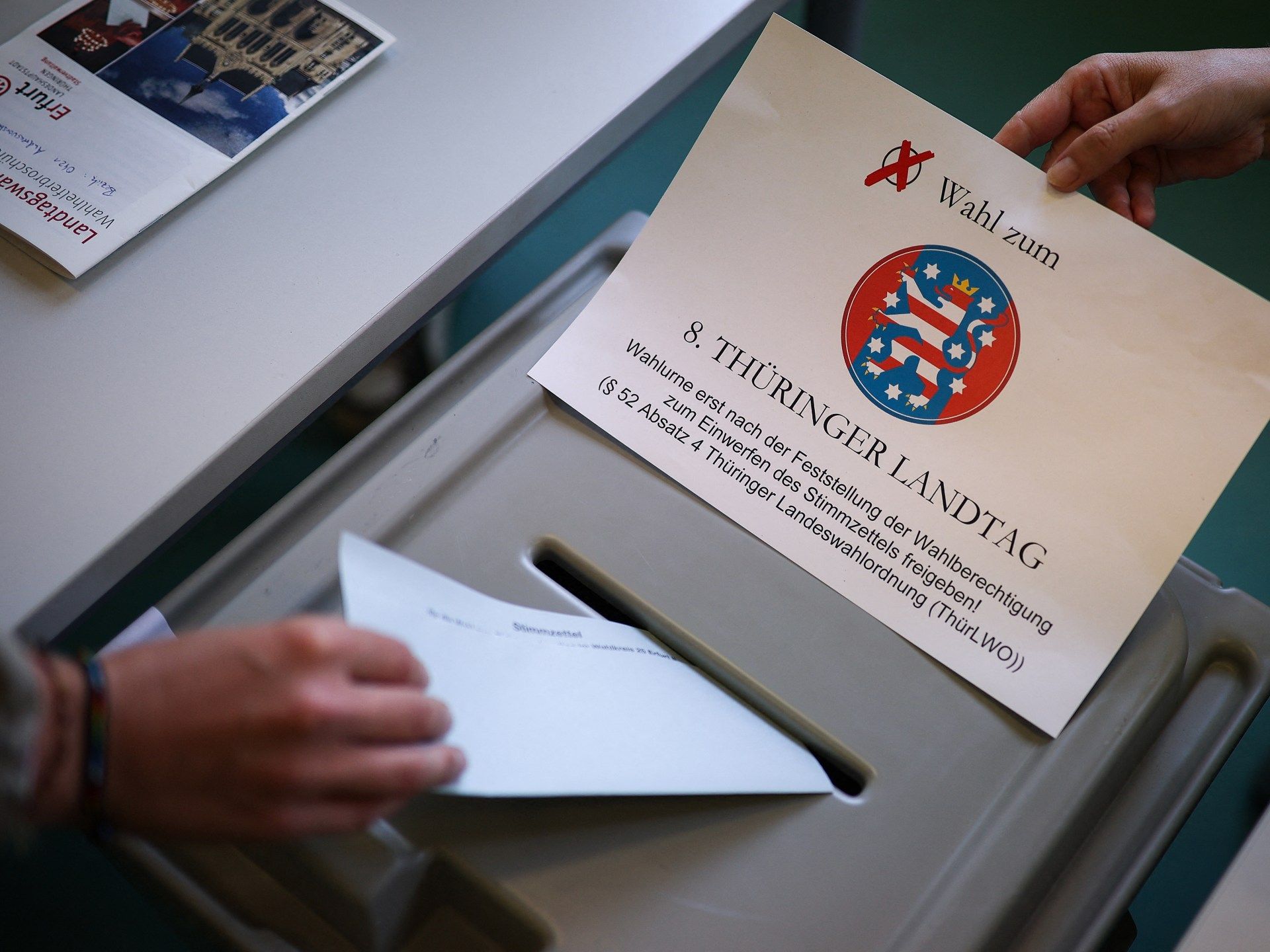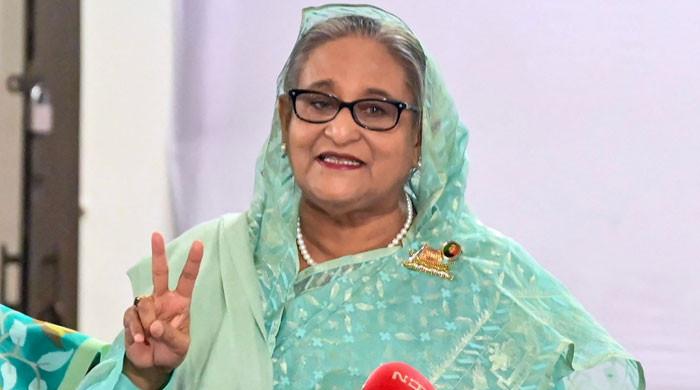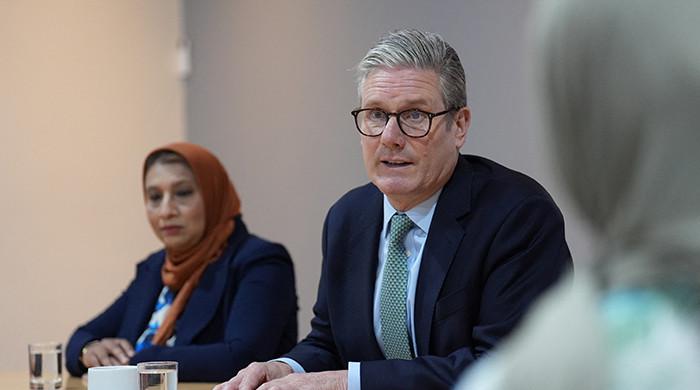The anti-immigration Alternative for Germany (AfD) party is likely to dominate the elections in Thuringia and Saxony, dealing a major blow to Chancellor Olaf Scholz's coalition.
Voters in two German states are casting their ballots in an election expected to deal a blow to Chancellor Olaf Scholz's government and provide major gains for the far-right Alternative for Germany (AfD) party.
The Alternative for Germany (AfD) is likely to make significant gains in Thuringia and Saxony in Sunday's vote, which is seen as a barometer for next year's federal elections.
If it wins, it would be the first time that a far-right party has won the most seats in a German state parliament since World War II. The 11-year-old party would likely be unable to form a state government even if it won, as it does not have a majority in polls and other parties refuse to work with it.
The clashes in the former eastern German states come just over a week after three people were killed in a knife attack that has fuelled a bitter debate over immigration in Germany.
Opinion polls had shown the anti-immigration AfD party leading in Thuringia and a close second in Saxony, while also predicting a strong showing for the upstart far-left Sahra Wagenknecht Alliance (BSW).
An AfD election victory would be a milestone in German post-war history and would represent a setback for Scholz ahead of the 2025 national elections.
In both states, Scholz's Social Democrats are winning around six percent of the vote, while his coalition partners, the Greens and the liberal Free Democratic Party (FDP), are even further behind.
Reporting from Berlin, Al Jazeera's Dominic Kane said polls will close at 16:00 GMT, after which “the party that wins will have the moral authority to say that 'we represent East Germany' or at least a large part of East Germany.”
He noted that some of the people who voted in these two states had lived under communism 35 years ago.
'A political change across Germany'
Saxony is the most populous state in the former East Germany and has been a conservative stronghold since reunification. Thuringia is more rural and is the only state currently governed by the far-left Die Linke party, the successor to East Germany's ruling Communist Party.
Casting her vote early in Erfurt, the capital of Thuringia, Sandra Pagel told the AFP news agency that she was “very afraid” of an AfD victory.
“I am very nervous about what will happen today… because I think there is a very high risk that the AfD will win and that scares me. For my grandchildren and also for myself,” said the 46-year-old manager of a sterilization processing plant.
“I just hope that in the end we will have a coalition that is democratic and not right-wing,” Naila Kiesel told Reuters after casting her ballot in the Thuringian city of Jena.
Founded in 2013 as an anti-euro group before transforming into an anti-immigration party, the AfD has taken advantage of the contentious three-party coalition in Berlin to rise in opinion polls.
In June's European Parliament elections, the party won a record 15.9 percent overall and did especially well in eastern Germany, where it emerged as the largest force.
In a post on social media platform X on Sunday, AfD co-leader Alice Weidel urged voters to elect the AfD not only to “change the future in Saxony and Thuringia, but also to bring about political change throughout Germany.”
In addition to the AfD, the new BSW party has also found a receptive audience in the eastern states for its criticism of the Berlin government and military aid to Ukraine.
Founded in January by political firebrand Sahra Wagenknecht after she left Die Linke, BSW has gained ground with a moderate stance toward Russia and calls for a radical crackdown on immigration.
The AfD and BSW together are expected to win 40-50 percent of the vote in the two states, compared with 23-27.5 percent nationwide, exposing the continuing divide between East and West Germany more than 30 years after reunification.












